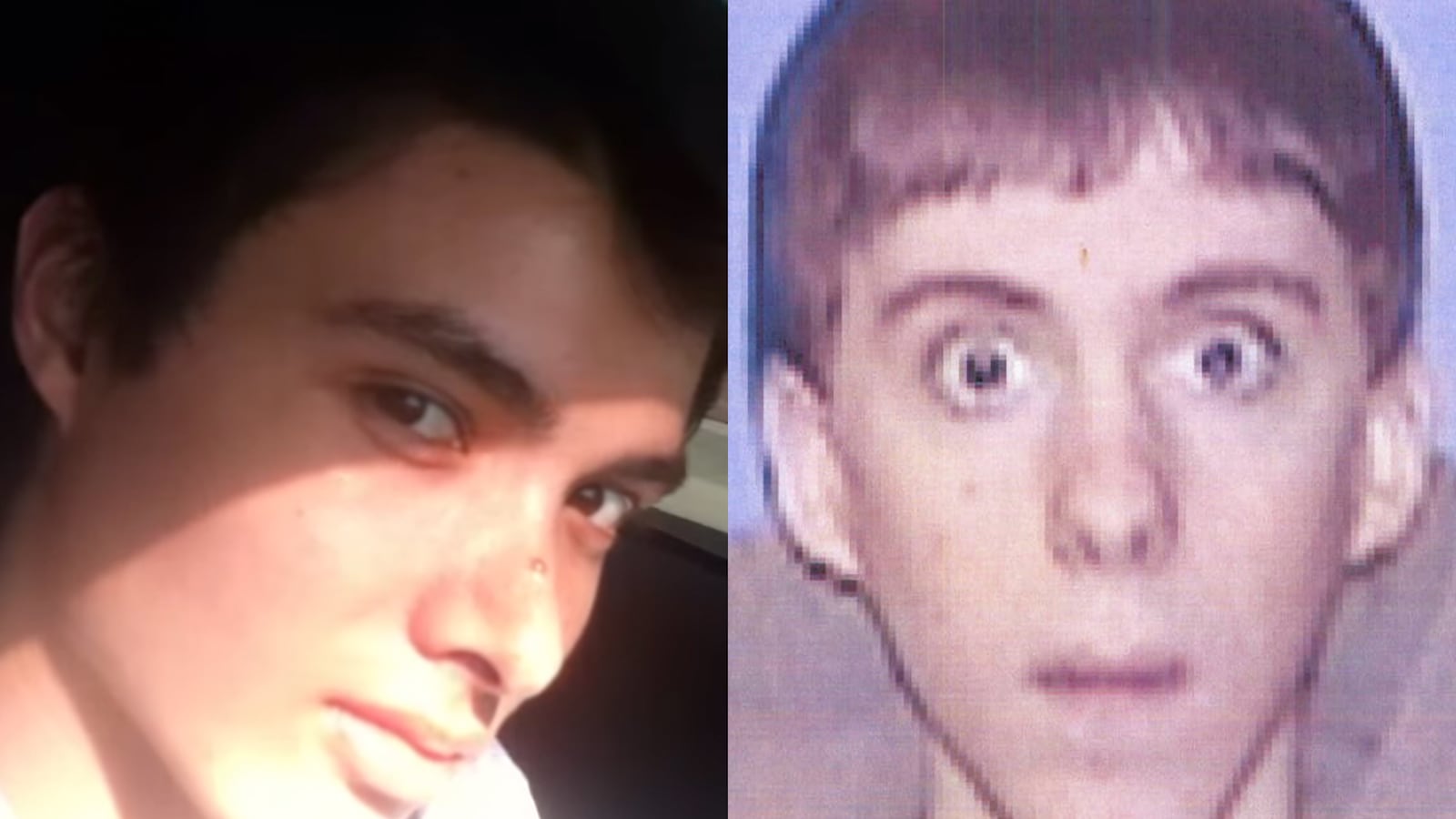The aftermath of a terrible tragedy necessitates societal soul-searching: what exactly happened, and why, so future tragedy can be circumvented. The case of 22-year-old Elliot Rodger, who allegedly killed six people and wounded seven more near the campus of the University of California, Santa Barbara, has been no different.

That a lawyer representing the Rodger family said the gunman had Asperger’s has revived a line of questioning that became familiar when Adam Lanza—also reported to have had Asperger’s—shot 20 children at Sandy Hook Elementary in Newton, Connecticut, in 2012. But the logical leaps—Rodger had Asperger’s, which made him awkward around girls, which made him feel alienated, and caused him to lash out in terrible violence—have experts alarmed.
“What typically happens after a shooting is that there is wild, uninformed speculation about why this happened,” said Dr. Joel Dvoskin, a clinical psychologist at the University of Arizona College of Medicine. “There are irresponsible people who are happy to guess, which is wrong and dangerous.”
Dvoskin added that there is no empirical evidence of an increased risk of violence among people with Asperger’s.
“There are two cases where uninformed, self-styled experts said that a person had Asperger’s, and committed a heinous crime,” he said. “I would suggest you do the math of all the people diagnosed with Asperger’s in the United States and see what percentage two is of that number.”
As it turns out, determining prevalence is not the easiest of exercises, also given that some would say Asperger’s no longer really exists as a diagnosis. Last year’s Diagnostic and Statistical Manual of Mental Disorders—the bible of mental health classifications—took out Asperger’s, replacing it with a rating of autism spectrum disorder severity, of which Asperger’s is a type.
But Dvoskin’s point is clear and is shared by other experts.
“In general, violent behavior is not a characteristic of Asperger’s,” said Dr. Shahla Chehrazi-Raffle, a forensic clinical psychologist teaching at the University of California, San Francisco. “Aggressive behavior or angry outbursts can occur, in cases where situations are misread. But this kind of behavior of accumulating guns, of planning how he’s going to kill other people, is not associated with Asperger’s.”
While not being involved in the case, and therefore unable to directly comment on Rodger’s diagnosis and treatment, Chehrazi-Raffle said she would not rule out any underlying psychiatric conditions.
“Violence is usually more associated with paranoid disorders, when one starts thinking other people are enemies,” she said. “He could have perceived a girl’s rejection as an attempt to humiliate him.”
Other experts say no studies have been done confirming a link between Asperger’s and violent behavior, and that the fixation on Rodger’s reported Asperger’s is more of a collective attempt to come to terms with tragedy by distinguishing ourselves from the person who has allegedly committed the crime.
“To explain why someone would do something so out-of-kilter with the rest of society, and why the rest of us are unlikely to do it, we like to have a label. Often that label is mental illness,” said Dr. Sandra Wheatley, a social psychologist based in the United Kingdom. “It gives us comfort to be able to say, ‘He had Asperger’s, that’s why he did it, I don’t have Asperger’s, therefore I am unlikely to be in this situation.’”
But more than the possibly misplaced attention on whether his condition could have triggered the killings itself, Dr. Bonny Forrest, a privately practicing neuropsychologist in California, said the debate also obscures vital discussion as to how to deal with such cases.
“After the Columbine shootings the Secret Service came up with a standard protocol for assessing individuals when there is a threat of mass violence. Why aren’t more law enforcement officials using that protocol?” said Dr. Forrest. “If the police knew of the YouTube videos when they visited the gunman’s home in April and were called in by mental health professionals, why wasn’t that sort of protocol followed to assess this threat?”
Also, even if the police had arrested Rodger after visiting his home, it is not clear what could have been done with him, Dr. Forrest said, highlighting how inadequately equipped the system is for such situations.
“An adult cannot be compelled into treatment,” Dr. Forrest said. “There really isn't any place for people to go who don’t necessarily need hospitalization but do need ongoing supervision. What would they have done with Rodger?”
Rodger, the son of Hollywood director Peter Rodger, grew up in privilege and could have had access to every sort of help he needed, but somehow still took the steps he took. Dealing with his case appropriately is a “test for our society,” said Dr. Forrest.
“I would have to agree with the father of one of the victims who said if we couldn’t do something after Newtown, then what is wrong with us?” she asked.






